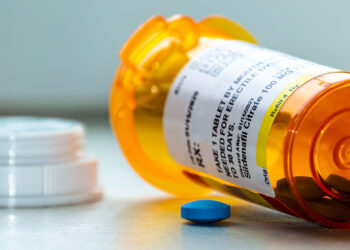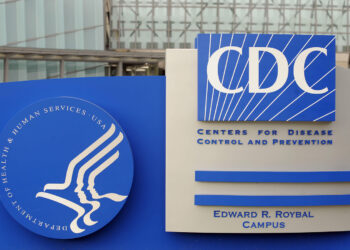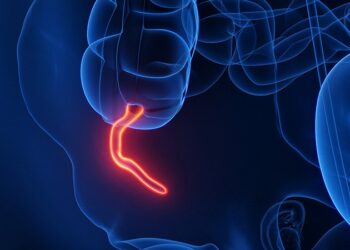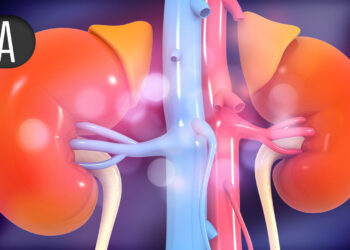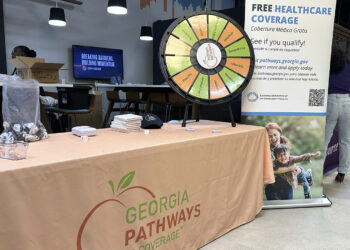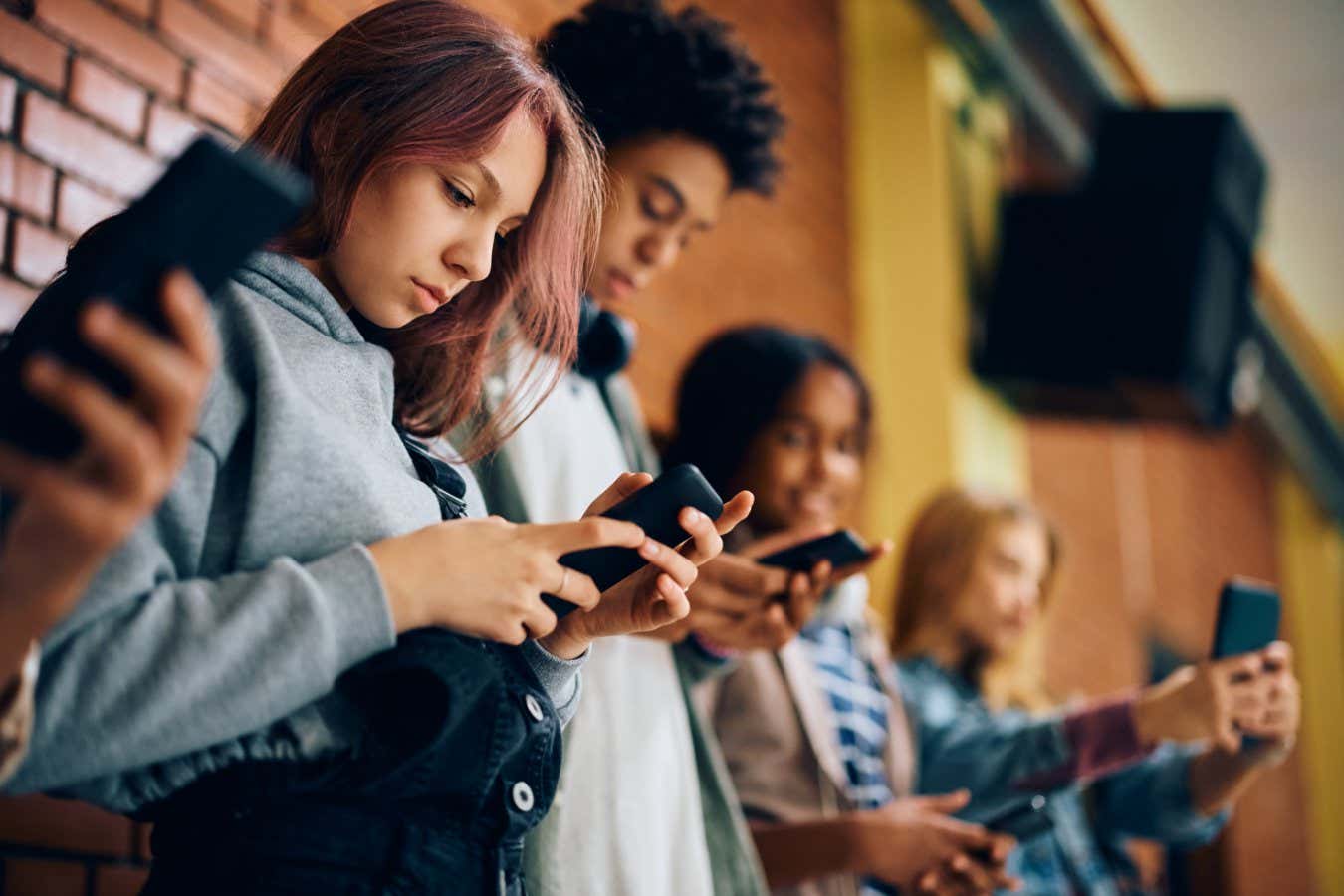
Are teenagers at risk of harm from smartphones? Experts disagree
Drazen Zigic/Getty Images
An attempt to reach a scientific consensus on the potential harms posed by smartphones and social media use in young people has descended into an argument among researchers. This failed consensus suggests it will be difficult for policy-makers to lean on existing evidence when deciding how to regulate such technologies.
Valerio Capraro at the University of Milan-Bicocca in Italy and more than 100 colleagues, drawn from 11 different disciplines, have published a “consensus statement” on the potential negative effects of smartphone use on adolescents. “We’ve been following the discussion about the debate, and we thought that maybe we could try to find a common ground between different viewpoints,” says Capraro.
The researchers analysed 26 detailed claims about the use of smartphones’ impact on teenagers’ mental health, such as that heavy use of phones can cause sleep deprivation or behavioural addiction. These claims were drawn from The Anxious Generation by Jonathan Haidt at New York University, a book that has been influential in the debate over smartphones, but also heavily criticised by some researchers. Haidt himself is also a co-author of the statement.
Each researcher then individually rated whether they agreed with each claim, as well as the strength of evidence supporting the claims. There was broad agreement on several critical points; 99 per cent agreed that adolescent mental health had declined notably in the US, with similar trends in other Western nations. And 98 per cent concurred that heavy smartphone use correlates strongly with sleep disturbances. More than 94 per cent of experts surveyed agreed that young girls encountered particular issues, including unduly comparing themselves to peers, feeling the need to look perfect and being exposed to online sexual harassment.
However, the experts also agreed in similarly high proportions that the evidence for these claims is only correlational, not causal. More rigorous research, including longitudinal studies tracking smartphone users over time, would be needed to prove a correlation, many agreed. Overall, while more than 90 per cent agreed something was wrong with young people, only 52 per cent supported policy actions like age restrictions and phone bans in schools.
Despite that caveat, the researchers suggest that shouldn’t be an excuse for inaction by policy-makers. “Obtaining high-quality causal evidence of the effectiveness of policy decisions often takes years, whereas policymakers often have to make decisions in rapidly changing environments with limited data,” they wrote.
But researchers who weren’t involved with the consensus statement have disputed its findings, and it has also drawn criticism on social media. For example, Pete Etchells at Bath Spa University, UK, points out that only around 120 of the 288 invited experts from across various disciplines took part in the process. He suggests that those who believe smartphones have a negative impact on adolescents would be more likely to opt in to a survey like this – thus skewing the outcomes. “I’d like to see them account for potential expert biases in their dataset,” he says. “I don’t think they do this.”
Etchells, who has also written a book on the subject, wonders how those 288 initially invited experts were selected: “I know I wasn’t contacted about this at any point.” Sonia Livingstone at the London School of Economics also disagrees with the researchers selected to form a consensus. “The long list is meant to provide a sense of balance, but it mainly lists those on one side of the argument. If science is not balanced, it is nothing,” she says.
Capraro defends the diversity of the panel, saying that “thousands of people are working on these topics around the world”, and that “it’s not feasible to contact them all”.
Questions of who took part aside, Livingstone also takes issue with the claims examined. “The problem is that it’s a biased set of questions. They don’t ask, ‘is there also evidence [that] social media can improve mental health or friendships or a sense of belonging?’ There is also evidence for those,” she says. Capraro says the aim of the research was to “represent as many viewpoints as possible” on a “very hotly debated topic”.
Topics:
Source link : https://www.newscientist.com/article/2480657-attempt-to-reach-expert-consensus-on-teens-and-phones-ends-in-argument/?utm_campaign=RSS%7CNSNS&utm_source=NSNS&utm_medium=RSS&utm_content=home
Author :
Publish date : 2025-05-19 16:57:00
Copyright for syndicated content belongs to the linked Source.


